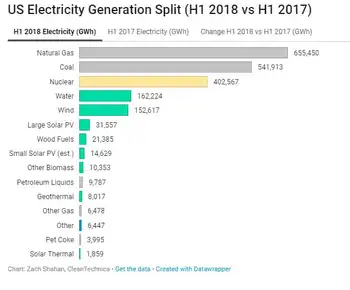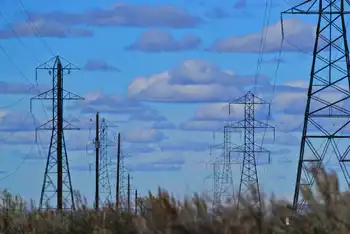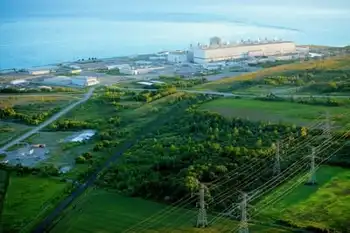Pondering ComEdÂ’s future
"If we don't get a significant portion, two major questions will be raised. First, how can ComEd continue to invest in the wires and in more reliability because it's been doing it for a long time without adequate rate recovery," Rowe said the same day Exelon reported a third-quarter profit of $780 million.
"The second question is will Exelon be forced to spin ComEd off, because if the issue is that the other Exelon companies have to subsidize ComEd it's just not going to happen in the long run," he said. "The investors won't tolerate it."
Earlier ComEd filed for a delivery service rate increase that would boost residential customer bills by about 8 percent, or $6 a month on the average $75 residential customer bill. The utility said it needs the increase to fund expansion and replace and modernize its delivery system to meet continued rising demand for electricity.
Exelon reported third-quarter net income of $1.15 a share compared with a loss of $44 million, or 7 cents a share in the year-ago period when it took a $776 million charge to reflect a regulatory decision that reduced the value of its ComEd arm. The company credited higher margins on energy sales at Exelon Generation Co., higher transmission and delivery service prices at ComEd, warmer weather conditions in its ComEd service territory and higher nuclear output compared with last year for its performance.
Sales rose 14 percent to $5 billion at the largest U.S. producer of nuclear power.
ComEd's net income was $65 million, compared with a loss of $506 million, stemming from the regulatory decision.
Related News

Potent greenhouse gas declines in the US, confirming success of control efforts
WASHINGTON - A new NOAA analysis shows U.S. emissions of the super-potent greenhouse gas sulfur hexafluoride (SF6) have declined between 2007-2018, likely due to successful mitigation efforts by the Environmental Protection Agency (EPA) and the electric power industry.
At the same time, significant disparities that existed previously between NOAA’s estimates, which are based on atmospheric measurements, and EPA’s estimates, which are based on a combination of reported emissions and industrial activity, have narrowed following the establishment of the EPA's Greenhouse Gas Reporting Program. The findings, published in the journal Atmospheric Chemistry and Physics, also suggest how additional emissions reductions might be…





